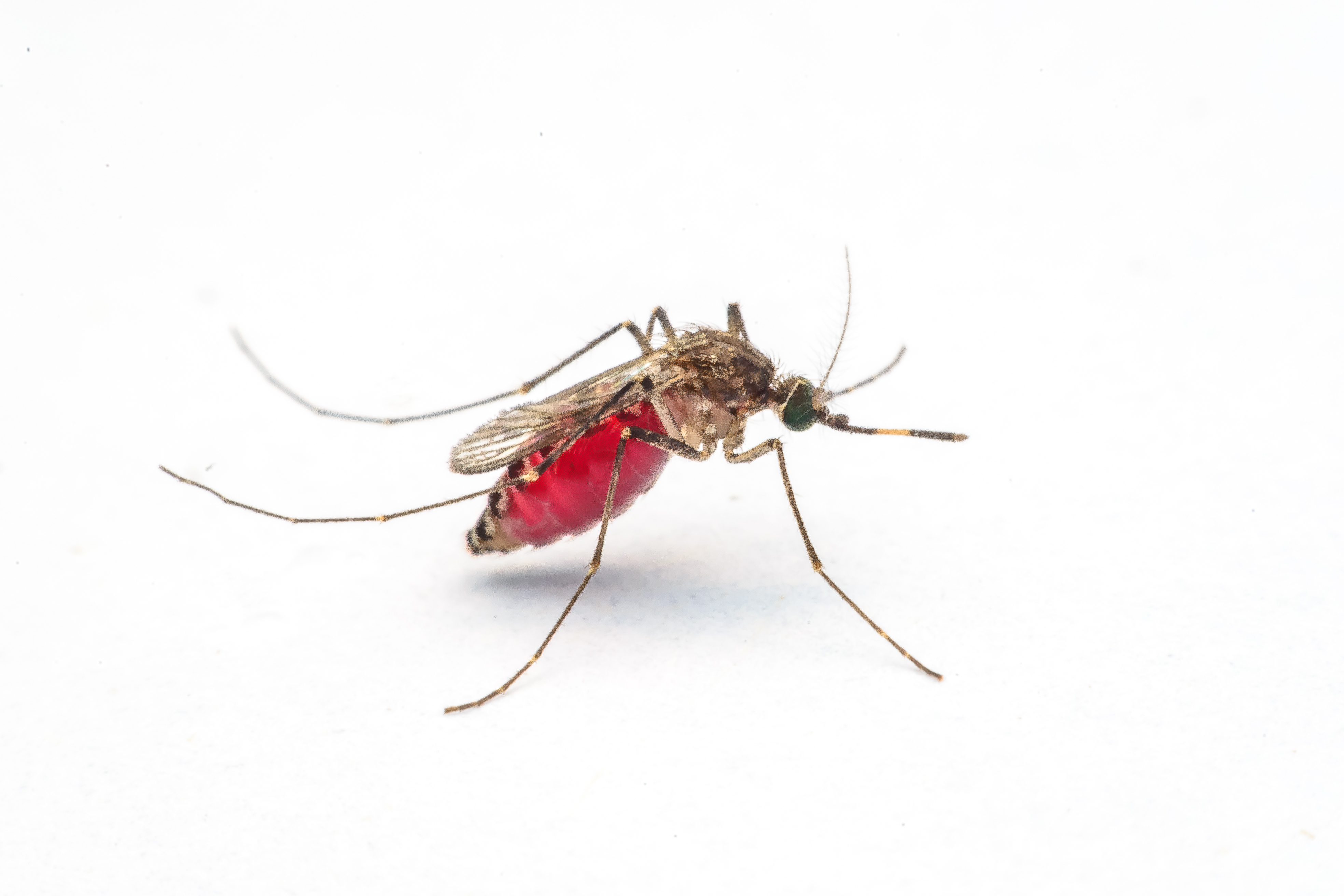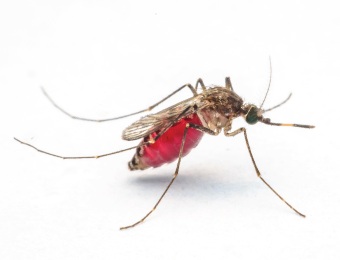
Dengue fever
Dengue fever is a contagious disease caused by the dengue virus, which has four serotypes. It is primarily transmitted by the Aedes aegypti and Aedes albopictus mosquitoes. When these mosquitoes bite a person infected with dengue fever, the virus multiplies in the mosquito's cells, and some of it enters its salivary glands. When the mosquito bites another person, it can transmit the virus to them. This disease often spreads during the rainy season but can now be found year-round.

The causative agent: Dengue Virus
The dengue virus is a single-stranded RNA virus with four serotypes: DENV 1, DENV 2, DENV 3, and DENV 4. These serotypes share some common antigens, which means that once a person is infected with one serotype, they will have lifelong immunity to that particular serotype but only short-term immunity to the other three serotypes, lasting approximately 6-12 months (or possibly shorter). Subsequent infections with different serotypes are termed as secondary infections. Therefore, individuals living in areas where dengue virus is endemic may experience up to four infections, and repeat infections are a significant factor in the development of severe dengue fever. However, several other factors also play important roles, including age and the individual's immune status.
Vector: Aedes mosquitoes
Aedes mosquitoes are commonly found in tropical areas. Their breeding sites are primarily artificial containers created by humans, which hold stagnant water for more than 7 days. These containers typically contain clear, still water. After feeding on human blood, Aedes mosquitoes lay their eggs on the surface of water in these containers. The eggs hatch into larvae within 2 days, which then develop into pupae in 6-8 days. After spending 1-2 days as pupae, they emerge as adult mosquitoes ready to seek blood meals and reproduce.
Aedes mosquitoes are prevalent during the rainy season. The eggs laid on the surfaces of containers can withstand dry conditions for extended periods, sometimes up to a year. When the rainy season arrives, with suitable humidity and temperatures, the eggs hatch into mosquitoes within 9-12 days.

Incubation period: Approximately 5-8 days
When mosquitoes carrying the dengue virus bite humans, they transmit the virus to the bitten individual. Once the virus enters the human body and passes through the incubation period, which typically lasts around 5-8 days but can be as short as 3 days or as long as 15 days, the individual may develop the disease and exhibit symptoms thereafter.
Symptoms of the disease vary in severity.
After being infected for 5-8 days (the incubation period), symptoms of the disease begin to appear, ranging from mild fever to severe symptoms that can lead to shock and even death.
The symptoms of the disease can be divided into 3 stages:
-
Febrile phase (high fever): Lasting 2-7 days, symptoms include loss of appetite, nausea, vomiting, headache, retro-orbital pain, muscle pain, redness of the face and body, rashes or bleeding spots on the skin, and enlargement of the liver.
-
Critical phase (shock and hemorrhage): This phase may occur as early as day 3 of the illness or simultaneously with a rapid decrease in fever. Patients may experience restlessness, rapid heartbeat, severe vomiting, increased abdominal pain or discomfort, increased capillary permeability, decreased urine output, and possible bleeding in the gastrointestinal tract.
-
Recovery phase: General improvement in symptoms, vital signs returning to normal, increased urine output, improved appetite, rash on the arms and legs, and itching in the hands and feet.
Diagnosis: Based on clinical symptoms and laboratory blood tests, diagnosis of the disease consists of clinical symptoms and blood tests revealing a decrease in platelet count below normal levels, or positive results from tests detecting Dengue virus in the blood (Dengue NS1 Ag), or the presence of antibodies against the Dengue virus (Dengue IgM).
Treatment: There is no antiviral medication available. Treatment is symptomatic and supportive, using fever-reducing medication as needed. Avoid using high fever medications or ibuprofen. Ensure adequate fluid intake and closely monitor symptoms to prevent complications.
Patients who should receive hospital care:
- Children or elderly individuals
- Those with underlying medical conditions such as diabetes, heart disease, or kidney disease
- Obese individuals
- Those unable to eat or experiencing severe vomiting
- Severe abdominal pain
- Bleeding symptoms such as vomiting blood or passing blood in stools
- Restlessness or cold extremities
Dengue fever prevention: Vaccination
- Preventing mosquito bites
- Eliminating mosquito breeding sites
- Patients with dengue fever should not be bitten by mosquitoes during the first 5 days of illness to reduce spreading the infection to others.
- Report dengue fever cases to hospitals or provincial health authorities to dispatch officials for mosquito control before further outbreaks occur.
- Vaccine: There are currently effective vaccines to reduce dengue virus infection and the severity of the disease if infected. Vaccination is available for children aged 4 years and above to adults up to 60 years old.

25 Dec, 2023

KANCHANA WANNAWILAI, M.D.
Specialties Pediatrics, Pediatric Infectious Diseases
 EN
EN
 TH
TH CN
CN









